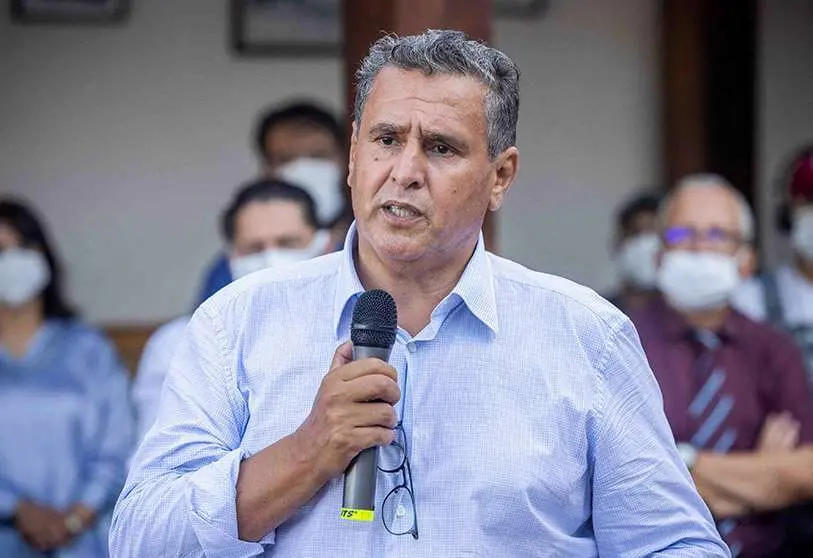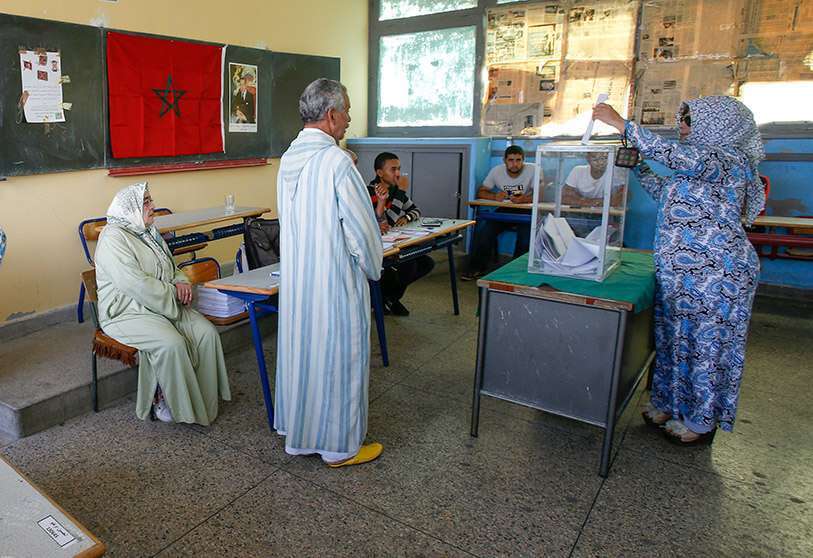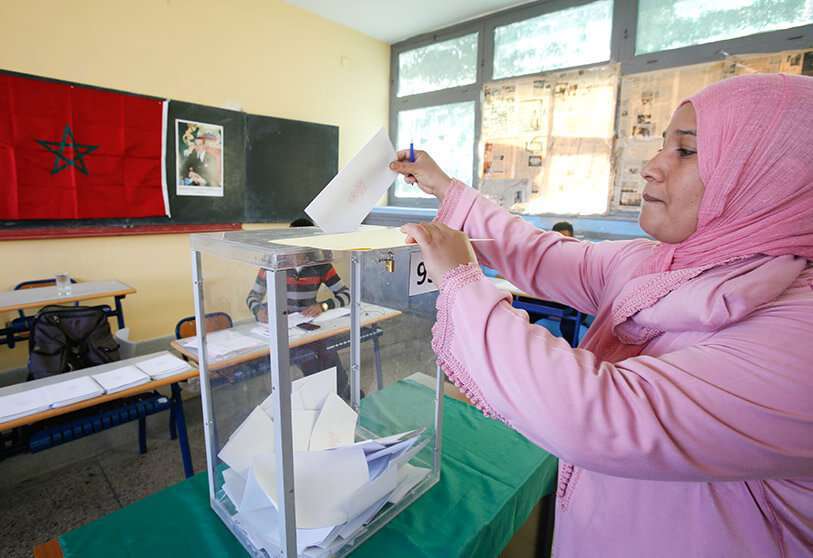El partido centrista-liberal RNI, liderado por Aziz Akhannouch, triunfa en las elecciones de Marruecos

The National Rally of Moroccan Independents (RNI) has swept Morocco's elections. The centrist-liberal formation won 97 seats, followed by the centre-left Party of Authenticity and Modernity (PAM), which won 82. The centre-right nationalist party, Istiqlal, came third in the polls with 78 seats.
The Socialist Union of Popular Forces (USFP) was far behind its rivals with 35 seats. However, the big loser on the day was the Justice and Development Party (PJD), which went from 125 seats to just 12. The conservative Islamist party, which gained prominence thanks to the Arab Spring, had been leading the Moroccan government for a decade. The PJD has been overtaken by other parties such as the Popular Movement (MP, 26 seats), the Progress and Socialism Party (PPS, 20 seats), and the Constitutional Union (UC, 18 seats).
Aziz Akhannouch, leader of the RNI, was the main winner of the parliamentary elections. The Moroccan tycoon, who has a long career in politics and economics, was the overwhelming favourite in the elections. In 2007 Akhannouch was appointed Minister of Agriculture, a post he claims he did not receive a salary for. Subsequently, in 2013, he headed the Ministry of Economy at the request of King Mohammed VI. Three years later, in 2016, he began leading the RNI. For this election campaign, Akhannouch developed an ambitious advertising campaign, investing approximately $211,000 in ads on social networks such as Facebook and Instagram.

The Berber-born businessman graduated in Administration and Finance at the Canadian University of Sherbrook, and in addition to his work in politics, Akhannouch is CEO of the Akwa Group, a company dedicated to oil and gas. The company also operates in the tourism and telecommunications sectors. The RNI leader also owns more than 500 service stations in the country. These businesses have made him the second richest man in Morocco, with a fortune close to $2 billion, according to Forbes.
His electoral proposals focus on improving social policies, such as universal health coverage and a decent pension for retirees. He will also focus on developing policies to boost the birth rate. Akhannouch's challenges include the current situation of the Moroccan economy, which has been greatly affected by the pandemic, the recent rupture with Algeria and the process of rapprochement with Spain after the diplomatic crisis that began in April. However, to become Saadeddine Othmani's successor, Akhannouch will need allies to reach the 198 seats of the absolute majority. "The people want an alternative", declared the potential future prime minister.

Among the government partners could be the PAM, a party long led by politicians and businessmen. The PAM is also considered "the king's party", as its founder, Fouad Ali El-Himma, is one of the monarch's closest royal advisors. Since its creation, the WFP has been in the political opposition, although it could now become a key ally of the government.
The PJD's post-Arab Spring influence is waning. After leading the government for a decade, the Islamists have only 12 seats. In Casablanca, Morocco's economic capital, the PJD has suffered a major blow, losing most of its seats. The party's leaders denounced alleged "irregularities" and "electoral fraud", although Interior Minister Abdelouafi Laftit assured that the elections were held under "normal circumstances".
Tariq Atlaty, a Moroccan political analyst, told Al-Ain that the PJD "has become a pariah after injecting Moroccans with poverty and marginalisation". "Had it not been for the royal establishment and the intervention of the Moroccan monarch, King Mohammed VI, through royal channels and mechanisms, the country would be in a disastrous situation due to the years under the Brotherhood's control," he added. This defeat could be due not only to the general discontent of the population, but also to internal divisions within the party.

In addition to the defeat in the parliamentary elections, the PJD is likely to lose the mayoralty in cities such as Rabat, Tangier, Marrakech and Agadir.
Nearly 18 million Moroccans turned out to vote. After the polling stations closed, the Interior Ministry announced that the turnout rate reached 50.18%, up from 43% in the 2016 legislative elections and 45% in 2011. The southern regions, in particular, recorded a high turnout rate. Dakhla-Oued Eddahab reached 58.30%, Guelmim-Oued 63.76% and Laayoune-Sakia El Hamra 66.94%. In contrast, Casablanca-Settat recorded the lowest turnout with 41.04%.









